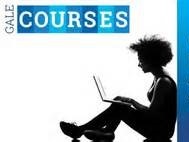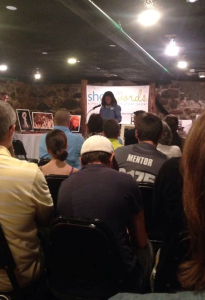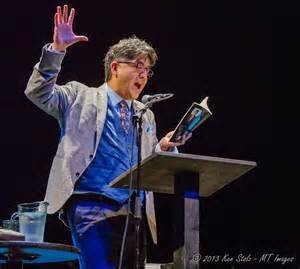Stories begin with character. I usually develop a character by writing his or her thoughts, language and interactions. A more efficient writing style would first plan and construct character flaws to build the story.
“Write Fiction Like a Pro,” an online class by Steve Alcorn, defines a flaw as an emotional shortcoming of the character. All great stories build on the protagonist realizing and overcoming one of these flaws. The classic flaws include lack of self-confidence, lack of self-worth, insecurity, naivety, inability to put the past behind, inability to face the past, inability to trust others, inability to make a commitment, stubbornness, rashness, prejudice, selfishness, arrogance, envy and greed.
Earlier this year, the New Yorker published a short story, “All You Have To Do,” by Sarah Braunstein. One of the reviews claimed the narrator’s flaw was that he sees his world in a limited way. What kind of flaw is that? A real flaw might be naivety, lack of self-worth, or inability to make a commitment.
The next on the plotting block is the antagonist’s flaw. A story’s conflict originates from the antagonist’s opposing force with an equal but opposite flaw. For example, Divergent by Veronica Roth, pairs protagonist, Tris (lack of confidence) with Erudite leader, Jeanine Matthews (overconfident). Unlike the protagonist, the antagonist’s flaw is tragic and causes failure. The antagonist’s composition was perhaps my biggest take away from this online class.
My goal in any class is to refine my work-in-progress list. The target this time was a short story I wrote in March. The story was too big for 1500 words, and additional scenes were already forming in my mind. Then, Ginny Wiehardt posted Top 7 Signs Your Short Story Wants to be a Novel, and I knew what I had to do. My protagonist’s flaw was an inability to put the past behind. While he fought a secret enemy, the opposition was missing. I tweaked the teenage shopkeeper to focus on his own selfish future with a hint of sociopath in the mix. The lack of concern for others gave my protagonist a reason and a cause to live in the present.
Another exercise in the class included identifying the passion that inspires my writing. My answer was relationships, secrets and science. Consider the relationship of parents and their teenage children. Both are ready to part, fearful of the separation, and concerned about the secrets lurking between them. To practice flaws — opposition and a subtle mirroring — here is an example of characters I dreamed to life today:
 The parent, the story’s protagonist, selects the farthest seat from the incoming students at the matriculation ceremony. His folding chair, one of the few seats in the late afternoon shade, has a slight leftward tilt, the ground slanting toward the sidewalk of the college quadrangle. The protagonist takes a printed program, a quality piece designed for a permanent place in the bottom of some mother’s drawer, and finds his son’s name. The boy reminds him somewhat of his ex-wife but more specifically of his brother-in-law, currently housed at the federal penitentiary in Otisville, New York. He scans the other students’ names. From the thousand enrolled in the same graduating class with his progeny, one name is a blatant defiance of the strict and conditional wording that accompanied his generous gift to the college of science. He stands, tosses the program in the trash can and glances right just in time to see his son, the antagonist, hand lifted in a mocking wave as if nothing was wrong.
The parent, the story’s protagonist, selects the farthest seat from the incoming students at the matriculation ceremony. His folding chair, one of the few seats in the late afternoon shade, has a slight leftward tilt, the ground slanting toward the sidewalk of the college quadrangle. The protagonist takes a printed program, a quality piece designed for a permanent place in the bottom of some mother’s drawer, and finds his son’s name. The boy reminds him somewhat of his ex-wife but more specifically of his brother-in-law, currently housed at the federal penitentiary in Otisville, New York. He scans the other students’ names. From the thousand enrolled in the same graduating class with his progeny, one name is a blatant defiance of the strict and conditional wording that accompanied his generous gift to the college of science. He stands, tosses the program in the trash can and glances right just in time to see his son, the antagonist, hand lifted in a mocking wave as if nothing was wrong.
This character sketch offers many potential flaws to build a story. The protagonist is rash and unable to put the past behind. The antagonist hints at some arrogance and naivety. Many things could go wrong on a near perfect August day.
Another practice idea is to watch movies for the character flaws in the protagonist and the antagonist. Watch for the conflict, and you will find the flaws whether the movie is Silver Linings Playbook, Man of Steel, Run All Night, or Woman in Gold.


